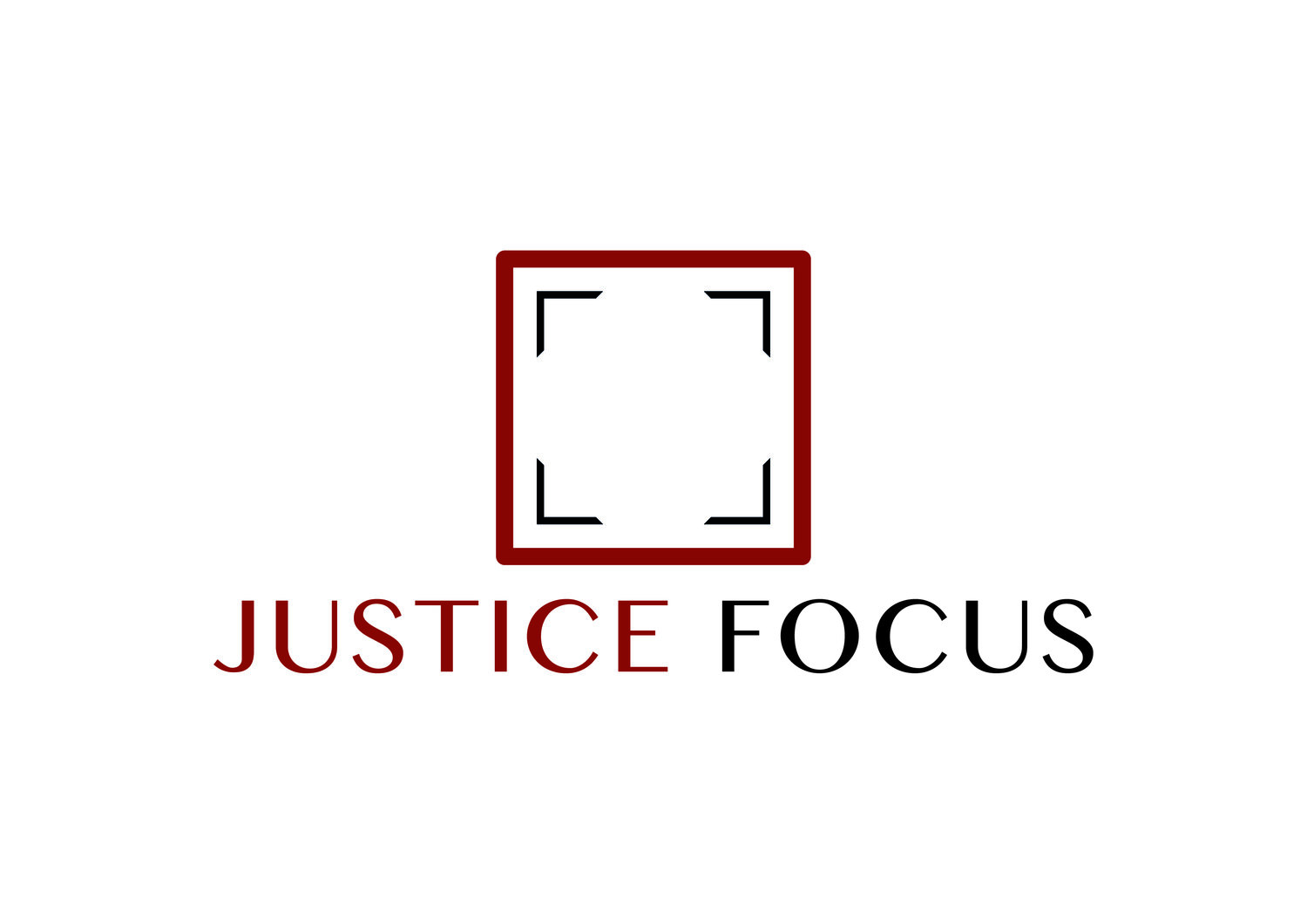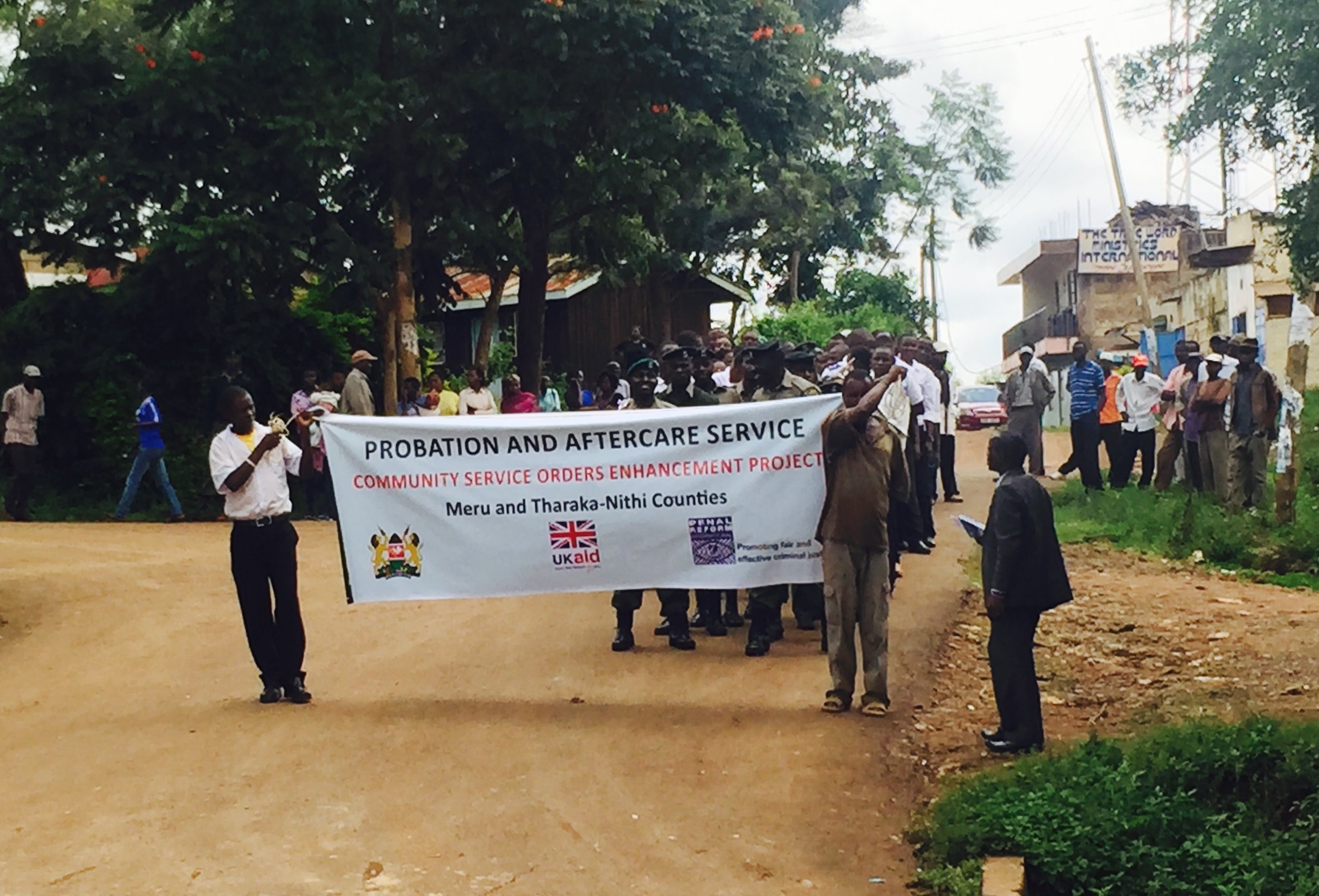Alternatives to Imprisonment
Community Service in East Africa
ExTra Project (Excellence in training on rehabilitation in africa)
Omar oversaw the management of an innovative project to test a new model for effective delivery of Community Service Orders (CSOs) in three pilot regions of Kenya, Tanzania and Uganda, on behalf of Penal Reform International and funded by UKAID.
Context
The prison systems across East Africa are characterised by severe overcrowding and inhuman conditions and people can find themselves in prison for minor crimes such as not wearing a safety belt, for not having a toilet in their home or for watching TV during the day.
These are extreme examples, but many more are housed in hugely overcrowded and unsanitary conditions for poverty related offences, such as hawking fruit or newspapers by the side of the road without a licence, for brewing their own alcohol or for being a ‘rouge or vagabond’.
This pilot innovation project was conceptualised to disrupt the poverty-prison cycle and provide a valid and humane alternative to custodial sentences, thereby reducing the unnecessary use of imprisonment in the region.
Community Service Orders
CSOs are community-based sentences, where offenders do not go to prison, but must provide unpaid work of benefit to the local community over a specified time period. These sentences are imposed by courts as an alternative to imprisonment and overseen by Probation or Community Service Departments.
Examples of Community Service Orders
- Poultry farms
- Tree nurserys
- Reforestation projects
- Cleaning & gardening at schools & clinics
- Litter picking
- Latrine digging
PROJECT AIMS
- Increased use of CSOs
- Increased compliance of CSOs
- Positive stakeholder attitudes towards CSOs
Activities
This project worked with criminal justice agencies including police, prison, probation and court systems in order channel the people who had committed low level crimes away from prison, into community service, where they could serve a punishment in the community and free up prison space for those who are a genuine risk to society. More info...
As well as working with the government agencies, an important aspect of the project was to inform the public about the advantages of not sending people to prison for non violent and petty crimes.
The work that can be completed on behalf of the community was highlighted and former offenders who had gone through the CSO process explained the benefits for preventing reoffending and ensuring the welfare of their families. More info...
Lessons
As a pilot project, a great emphasis was placed on learning, both in terms of what works and how to implement justice projects in the region. A number of lessons learned were identified, including the importance of increasing resources and capacity of responsible departments to match workload;
improved feedback to stakeholders and the involvement of the community; and improved data collection and methods for measuring change.
After analysing all results, a number of recommendations are offered and PRI has also adapted the three pillar model for effective community service, to a five pillar model, which takes a more holistic approach, including opportunities to improve livelihoods and advocacy for policy change, all underpinned by a gender-sensitive approach. Click here for details of the lessons learned.











